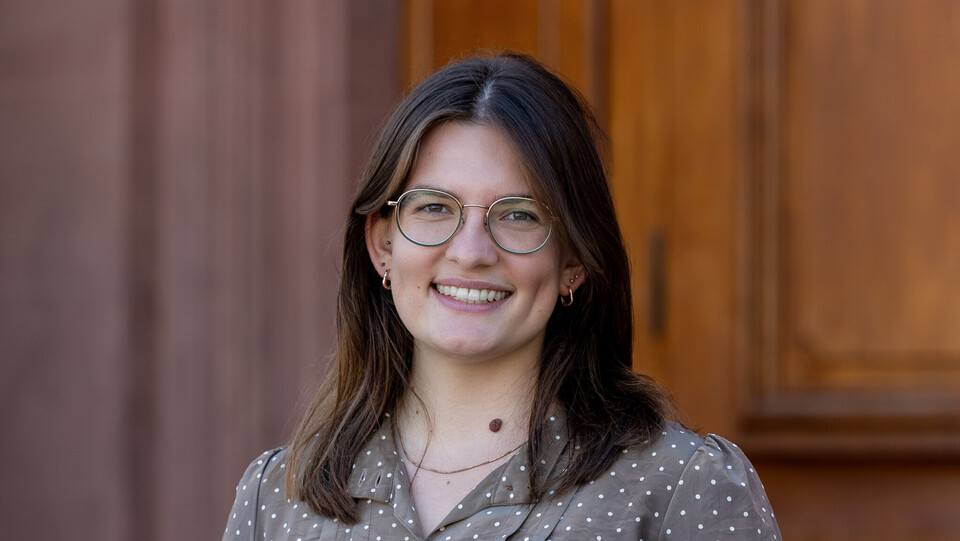Selina Zajdler, Research Methods and Psychological Assessment: Experimental Analysis of Individual Differences in a Pervasive Judgment Bias (April 2025)

What is your current research topic?
My research examines individual differences in the truth effect, a cognitive illusion in which previously encountered information is perceived as more valid than new information. I focus on how individuals differ in their judgments of repeated information (as opposed to new information) and whether specific dispositional factors are associated with these differences. Currently, I am exploring how to design studies that can reliably measure individual differences in the truth effect.
For those who have not yet delved deeply into the topic of Data Science: How would you explain to a child what you are working on?
I study how people decide if something is true. I look at how hearing or reading the same thing over and over again can make people believe it more. Some people believe repeated information more easily than others, and I try to find out why.
Everyone talks about Data Science – how would you describe the importance of the topic for yourself in three words?
Knowledge, insight, responsibility
What points of contact with Data Science does your work have? Which methods do you already use, and which would be interesting for you in the future?
I primarily use Bayesian hierarchical models to study individual differences in cognitive effects. Previously, I worked with amortized Bayesian inference, which leverages neural networks to model time-dependent cognitive parameters. While data analysis is a key aspect of my work, data visualization is also essential for interpreting and communicating results. As for the future, I'm interested in any methods that help me answer my substantive research questions. I’m really enjoying the learning process during my PhD, so I'm excited to explore whatever methods come my way.
How high is the value of Data Science for your work? Would your research even be possible without Data Science?
Bayesian hierarchical models allow me to quantify uncertainty in the data and to work with more complex cognitive models and data. While my research might be possible without modern data science techniques, it would be more challenging – and I’m not sure I would approach it the same way.
What development opportunities do you see for the topic of Data Science in relation to your field?
Psychological research is theory-driven and is therefore different from classical data science, which tends to be more exploratory. Because of this, I believe that exploratory research questions, in particular, could benefit from data science insights. Another promising direction is informed machine learning, where theoretical frameworks guide statistical models.
